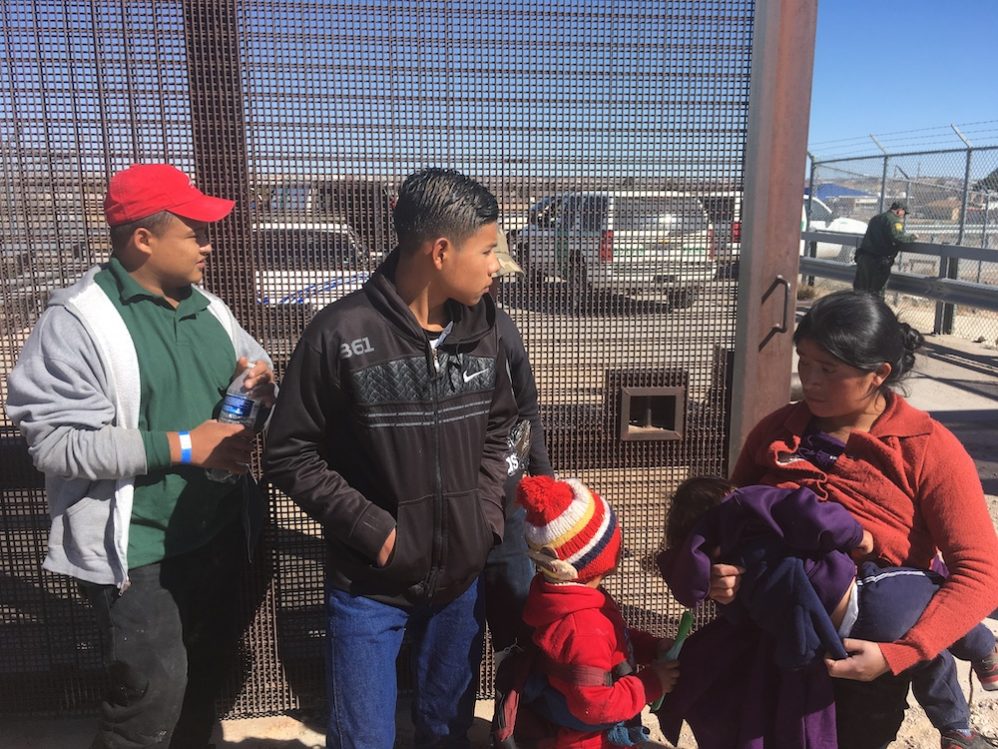A new report estimates cartels and smuggling networks are making billions off of Central Americans who are fleeing their countries in droves thanks to America's messed-up immigration laws.
If you don’t think the ongoing border crisis is benefitting criminal smuggling networks and Mexican drug cartels, you’re not paying attention. A new report from the RAND Corporation found that smugglers and cartels earned as much as $2.3 billion from Central American migrants in 2017.
The report, conducted by the Homeland Security Operational Analysis Center (HSOAC), which is operated by RAND, analyzed the black market for human smuggling in Central America, Mexico, and along the southern U.S. border in hopes of understanding how it works and how much money is going to drug cartels—or, in government parlance, transnational criminal organizations (TCOs).
That’s obviously not easy to ascertain, since human smuggling is illegal and intentionally obscure. But it has become obvious that a substantial share of migrants’ expenditures on their journeys north are going to these TCOs, as well as a diverse array of smugglers and operators along the route.
Migrants generally pay smugglers and smuggling networks anywhere from $2,000 to $7,000 per person to get to America. A portion of that money ends up in the hands of Mexican drug cartels—TCOs—even though the cartels don’t directly participate in the smuggling. As the report explains:
Human smugglers and drug traffickers conduct similar activities — providing illicit transportation services across international borders — and do so along common smuggling corridors, suggesting opportunities for overlapping business. However, the researchers found little evidence that drug-trafficking TCOs engage directly in human smuggling.
 |
| Video shows heavily armed group leading migrants over US-Mexico border |
Drug-trafficking TCOs do control primary smuggling corridors into the United States and charge migrants a ‘tax,’ known as a piso, to pass through their territories. In addition, drug-trafficking TCOs may also coordinate some unlawful migrants’ border crossings to divert attention from other illicit activities, and recruit or coerce some to carry drugs.
This last point has been well-attested by Border Patrol agents, whose time is increasingly spent processing and transporting large groups of migrants families that have turned themselves in while cartels move drugs across the border just a few miles away. Because these groups of families and unaccompanied minors often number in the hundreds, Border Patrol resources are almost completely diverted from law enforcement duties, giving cartels an ideal opening to conduct their cross-border business without interference from U.S. authorities.Read the rest from John Daniel Davidson HERE at The Federalist.
If you like what you see, please "Like" us on Facebook either here or here. Please follow us on Twitter here.


No comments:
Post a Comment